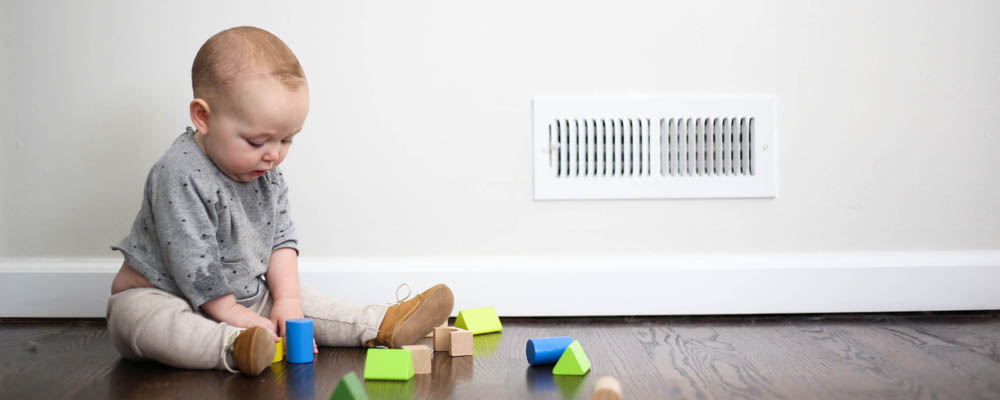Keeping newborns and growing babies healthy and comfortable is every parent’s top priority. The concerns of sudden changes in the atmosphere by nursing mums are, without a doubt, validated. This is because poor conditions in the surroundings can impact the sleep and overall health of a child. Consequently, as temperatures change over the summer and winter seasons, parents always explore ways to keep their children cool and cosy. But as many options as there may be, is air conditioning good for babies? Are baby sleepsuits sufficient for a child sleeping in an air conditioner?
Read on for insights on the potential benefits and associated risks of air conditioning your baby’s room.
Air Conditioners are Generally Safe for Babies
Most paediatricians agree that keeping children in air conditioning is way safer than leaving them out to the ravaging heat and humidity of summer. Notably, unlike adults, a child’s body cannot adjust to temperature ranges. As a result, most babies, especially newborns, are highly susceptible to heat-related conditions, including heat exhaustion, dehydration, and heat rashes. Again, a baby subjected to overheating hardly sleeps.
On the other hand, children living in extremely cold conditions can suffer chills and lowered body temperatures.
According to experts, a moderately air-conditioned and well-ventilated room can help remedy such conditions. Babies sleeping in air conditioners are also less prone to Sudden Infant Death Syndrome.
Air Conditioning Risks
While maintaining optimal temperatures in your surroundings is good for your baby, the risks associated with the use of air conditioners can be equally scary. The sudden drop in temperature initiated by the air conditioner can cause hypothermia, a condition in which the baby’s body loses heat faster than it can generate. The effect of this medical emergency is the inability of the child’s body organs to function normally and optimally.
A poorly maintained AC has also been proven to cause respiratory issues in children, especially when allergens and germs get logged in the system’s ducts and filters.
Air Conditioning Precautions to Consider
Undoubtedly, air conditioners come with a wide range of benefits, including temperature regulation, lowered humidity, and air purification. However, certain precautions must be put in place to safeguard your child against the risks associated with air conditioning. Such precautions include;
• Dress the Baby in Light Layers
Appropriate dressing when air conditioning your baby implies using a light layer of covering to ensure that the cold temperature is not chilling on their skin.
Go for baby sleepsuits that cover their arms and legs. For blankets, use a light one, but avoid covering the baby’s face.
• Keep Temperatures at Comfortable Settings
Most medical experts recommend a range of 23 to 27 degrees Celsius. The idea is to keep the environment in a not-too-cold and not-too-warm setting.
• Service Your AC Regularly
AC filters tend to collect a lot of toxic germs, and dust tends after an undefined duration of use. Keeping the air conditioner regularly serviced is an essential safety measure for your child.
• Keep Your Baby Moisturized
Air Conditioners are designed to dehumidify environments, a function that may see your baby’s skin moisture reduced to critical levels.










